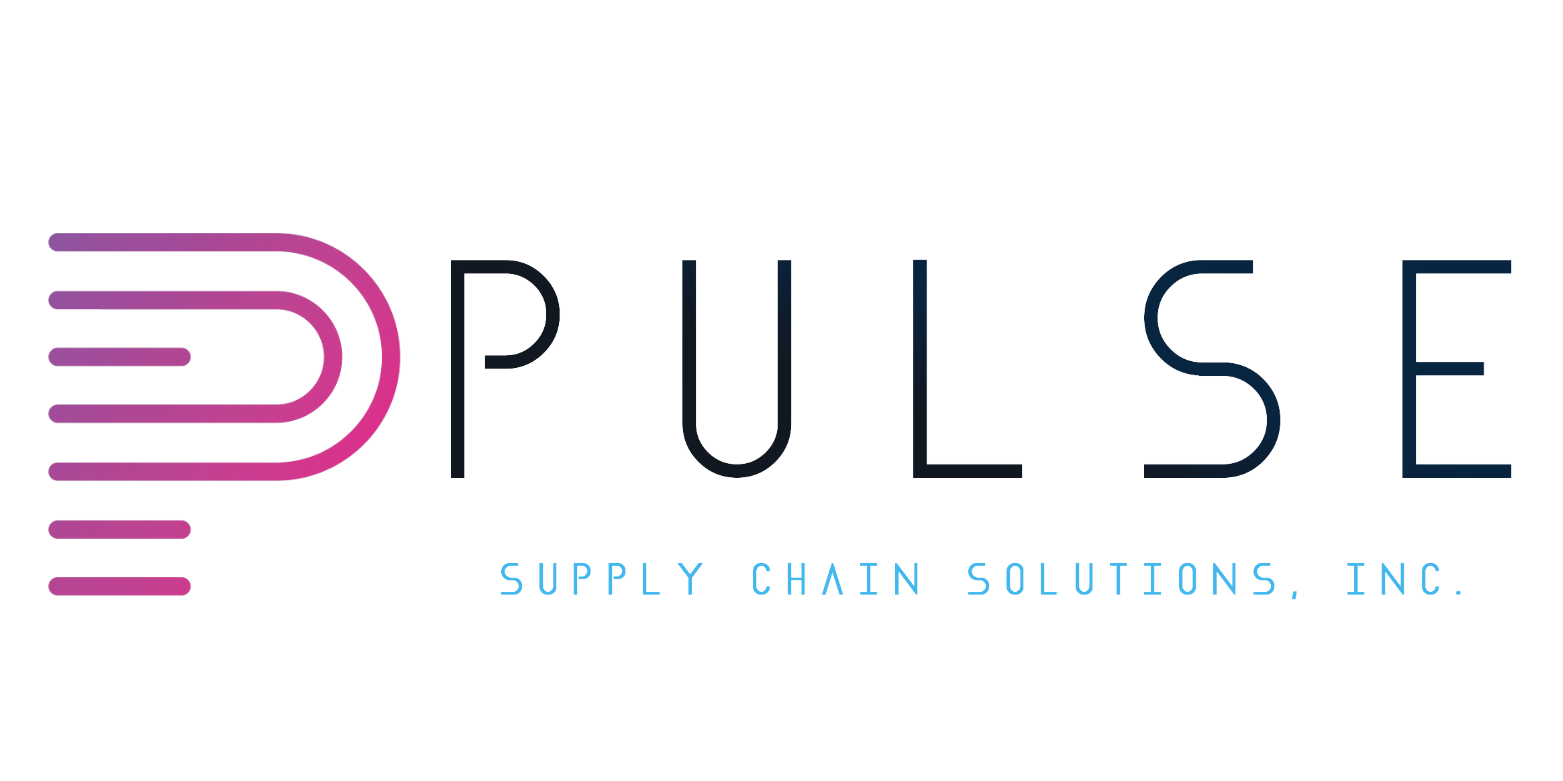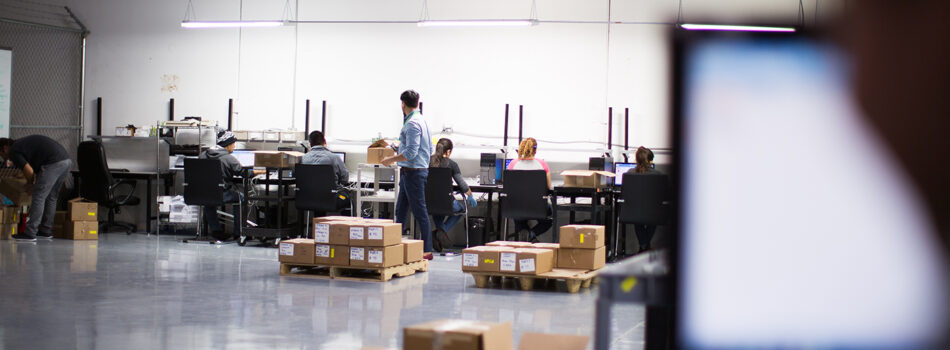0
669
The issue of product returns looms large, casting a shadow over both profitability and sustainability efforts. As someone deeply entrenched in the telecom industry, I've grappled with the complexities of returns management and pondered how we can turn this challenge... Read more
0
533
Analyzing the Impact of Nvidia’s New AI Chip on E-Waste
As technology continues to advance at an unprecedented pace, the issue of electronic waste (e-waste) has become a growing concern globally. With the introduction of Nvidia’s new chip architecture called Blackwell, there are both opportunities and challenges for electronic recycling... Read more
0
516
The Economic Impact of Neglecting Asset Disposal Processes
In today’s rapidly evolving business landscape, the disposal of assets holds significant economic repercussions. Neglecting proper asset disposal processes can lead to various challenges, including financial losses, data breaches, environmental harm, and damage to brand reputation. According to a recent... Read more
0
466
International E-waste Day: How Businesses Can Make a Difference
International E-waste Day, observed on October 14, is an important reminder of the growing threat of e-waste throughout the world as well as an opportunity to reexamine how everyday business practices can help to reduce this waste. An estimated 61.3... Read more
0
533
Getting the Most Out of Remarketing Your Mobile Assets
Mobile devices such as smartphones and tablets make up a large and crucial component of a modern business’s technological fleet. From employees in the field to the executive suite, corporations rely on these assets to coordinate an increasingly diverse and... Read more
0
582
What is Certified Destruction?
Let’s face it: there’s more stuff every day, and this is especially true in the world of electronics and IT assets. Like a perfect storm, the rise of cybersecurity concerns have companies and industries racing to replace their devices with... Read more
0
495
What is e-Waste?
The advancement of technology has changed the world for the better in unfathomably vast ways, even in just the past couple decades. From the largest companies down to the individual, we are more connected, more informed, and more capable than... Read more
0
713
IT Parts Harvesting, Is That A Thing? And How It Helps
IT parts harvesting has existed for a while now, but since the pandemic, it’s only gotten more popular. IT parts harvesting is the action of finding parts from existing hardware and software you already have and basically recycling it. So... Read more










